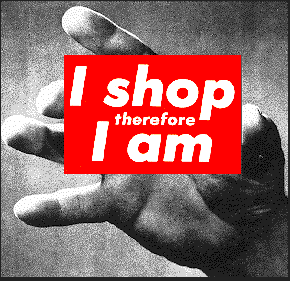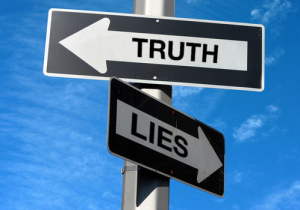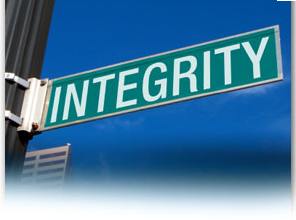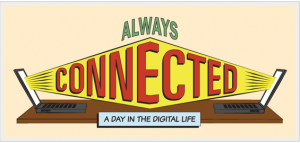I’ve seen this repeatedly over the years working with men & women in their careers and personal lives: The research finds that men who are not so traditional in their masculinity have better quality relationships with their female partner. It’s summarized in Science News, from the journal Sex Roles:
Macho men whose partners earn more than they do have worse romantic relationships, in part because the difference in income is a strain for them, according to a new study by Patrick Coughlin and Jay Wade from Fordham University in the US. Conversely, men who are not so traditional in their masculinity do not place as much importance on the difference in income and, as a result, appear to have better quality relationships with their female partner.
The work is published online in Springer’s journal Sex Roles. The breadwinner role for men is still the accepted norm in marriage, and allows for and supports the husband’s power and authority in the family. It is therefore reasonable for a man who earns less than his female partner to feel removed from this traditional gender role, and feel a void because he does not fulfil this role. However, the reality is that marriages in which both the husband and wife work are becoming the rule rather than the exception. It is increasingly possible for both partners to either earn equal amounts, or for the female to earn more than the male.
Coughlin and Wade were interested in the effects of this growing trend on the experience of marriage and the quality of romantic relationships in particular. Is the extent of men’s masculinity ideology, in other words, emotional control, success, dominance, violence, power, and anti-femininity and homophobia, an influential factor on relationship quality?
A total of 47 men, who were involved in a romantic relationship, and had a female partner who had a higher income, took part in the study. Through an online survey, the researchers assessed their beliefs about masculinity, the quality of their relationships, and the importance of the disparity in income between them and their female partners.
They found, on the one hand, that the stronger a man’s endorsement of traditional masculinity ideology, the more likely he was to report a low-quality romantic relationship, and the more he perceived the difference in incomes as important. On the other hand, the more a man endorsed non-traditional masculinity ideology, the more likely he was to have a high-quality relationship with his female partner and not place too much importance on the income disparity.
The authors conclude: “Our results demonstrate the importance of masculinity ideology in understanding how and why men with higher-earning partners will have low or high quality romantic relationships. The findings are relevant to men who are married as well as non-married men in a romantic relationship.”
 Some new research shows that people who are driven by materialistic goals — getting and having material things — are more turned-on by the desire for acquiring them than actually possessing them. This underscores, I think, the essential emptiness that one ultimately feels when dominated by acquiring more and more — an endless quest anyway — and by defining one’s self-worth and status by the possessions one accumulates. The gap between one’s outer and inner life will take a toll, ultimately.
Some new research shows that people who are driven by materialistic goals — getting and having material things — are more turned-on by the desire for acquiring them than actually possessing them. This underscores, I think, the essential emptiness that one ultimately feels when dominated by acquiring more and more — an endless quest anyway — and by defining one’s self-worth and status by the possessions one accumulates. The gap between one’s outer and inner life will take a toll, ultimately.























